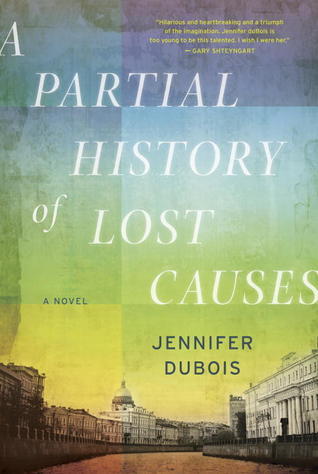What do you think?
Rate this book


372 pages, Hardcover
First published March 20, 2012
You wouldn't be where you are if you weren't mostly a winner--a winner, that is, at those matches that have counted the most. And yet there have been games, matches, tournaments that you've lost. And among these, surely, are games, matches, tournaments that you've known all along you were losing. Surely there are those that have been lost from the start, those in which your intellect proved itself to be the limited and temporary and mortal intellect that it does not always seem to be. When you find yourself playing such a game or match or tournament, what is the proper way to proceed> What story do you tell yourself when that enormous certainty is upon you and you scrape up against the edge of your own self? (p. 54)